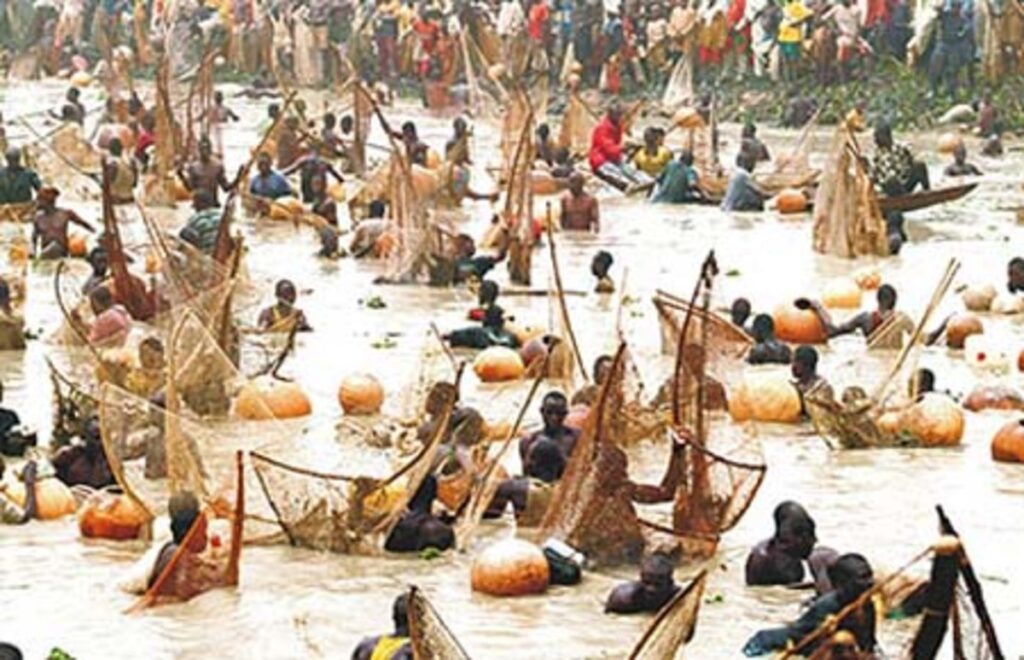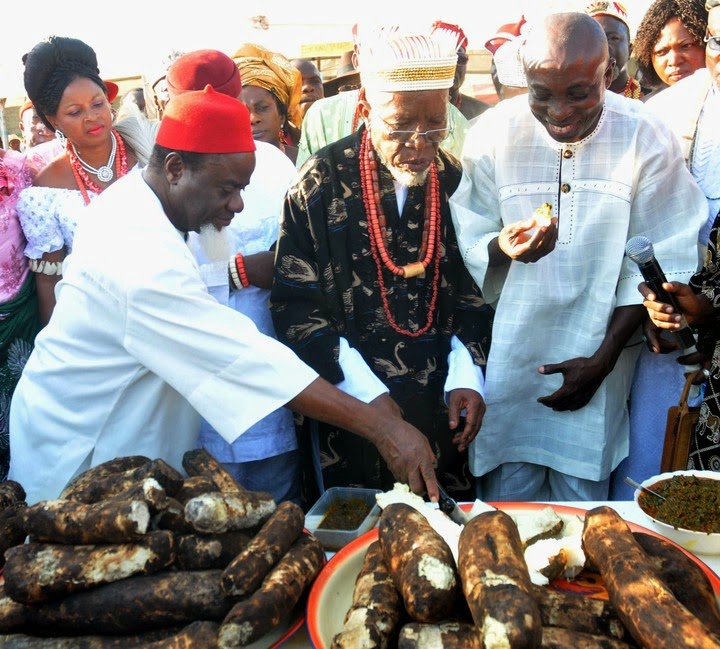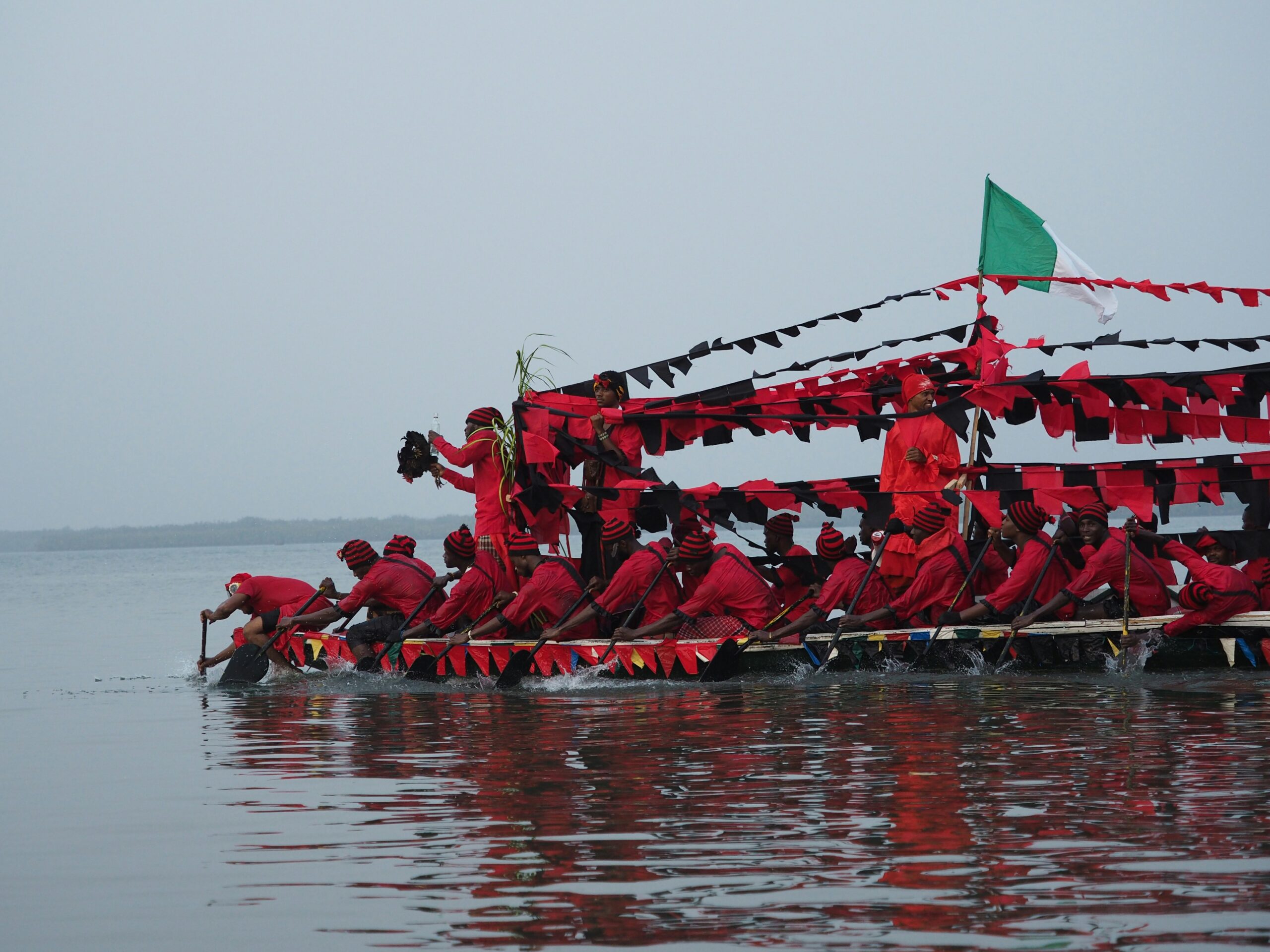Introduction
Nigeria, a country rich in cultural diversity and vibrant traditions, offers an array of colourful and energetic festivals. Each festival is a window into the soul of its people, showcasing the traditions, values, and stories that have been handed down through generations. you’re a seasoned traveler or a curious first-timer, attending a Nigerian festival can be a transformative experience brimming with music, dance, and communal joy.
Overview of Nigeria’s cultural diversity
Nigeria is often described as a tapestry woven from hundreds of ethnic groups and languages. This incredible diversity is mirrored in the numerous festivals celebrated across the country. Each festival reveals the unique cultural aspects of its community through elaborate ceremonies, traditional music, and ethnic cuisine.
Importance of festivals in Nigerian culture
Festivals in Nigeria serve as a vital conduit for expressing cultural heritage. They are not just events; they are a grand, collective affirmation of life, continuity, and community spirit. They offer a platform for elders to pass down lore and traditions to the next generation, ensuring that their cultural legacy persists.
What to expect as a first-timer
Attending a Nigerian festival can be eye-opening. Expect vibrant parades, soul-stirring music, and an encompassing warmth from locals. It’s a social and cultural spectacle where every moment offers something new to learn and enjoy.
Festival Etiquette and Preparation
Dress code and cultural sensitivity
Nigerians take pride in their traditional attire and appreciate it when visitors embrace their culture respectfully. Wearing modest and colorful clothes can enhance your experience. Always ask for permission before taking photographs – it’s polite and respectful.
Learning basic local phrases
A few words in the local language can go a long way in showing respect and building rapport with the community. Phrases like “Hello” (Sannu), “Thank you” (Na gode), and “Goodbye” (Sai watarana) can be quite handy.
Health and safety tips
Staying hydrated and using sun protection are essential, as many festivals are outdoors. Also, familiarize yourself with the local area and keep emergency contacts handy.
Famous Festivals to Experience
Argungu Fishing Festival
Origins and significance

Originating from the state of Kebbi, the Argungu Fishing Festival is one of Africa’s oldest festivals, celebrated to mark the end of the farming season.
Key activities and sights
The main attraction is the competitive fishing event, where thousands of fishermen rush into the river, hoping to catch the biggest fish using traditional tools. It’s a thrilling sight.
Best time to attend
The festival takes place annually in March. It’s a perfect time as the weather is pleasant, and the river teems with fish.
Durbar Festival
Historical background
The Durbar Festival, held in Kano, originates from the time when the city’s cavalry demonstrated their prowess before going to war. It has since become a celebration of cultural heritage.
Highlight events including the horse parade
The horse parade is spectacular. Riders in ornate costumes and regalia display intricate maneuvers and fierce loyalty to their local emirs.
Practical tips for visitors
Secure a good viewing spot early, as it gets crowded, and ensure you have enough water and sun protection.
New Yam Festival
Meaning and regional variations

This festival symbolizes the end of a harvest and the beginning of the next cycle. Celebrations vary, but the core is giving thanks for the bounty of the earth.
Rituals and symbolic gestures
Elders offer yams to gods and ancestors before distributing them to the village, symbolizing unity and gratitude.
Food and culinary highlights
Sample dishes like pounded yam with egusi soup and fufu with bitter leaf soup are not only delicious but also integral to the celebration.
Osun-Osogbo Festival
The sanctuary and its myths
The festival is centered around the sacred Osun river in Osogbo, believed to have healing powers and protected by the goddess Osun.
Rituals and processions
The procession to the river, led by the priestess, and offerings to the goddess, are profound and steeped in tradition.
Arts and crafts market
Here, you can find beautifully crafted artifacts, beadworks, and fabrics. It’s a perfect place for picking souvenirs.
Calabar Carnival
Evolution into Africa’s biggest street party
What started as a small local festival has grown into an extravagant annual event, drawing people from all over the world.
Major attractions and programs
Features include the street parade, masquerades, and music concerts. It’s a high-energy celebration of Nigerian culture and joy.
Tips on accommodation and transportation
Book your accommodation well in advance, as hotels fill up quickly. Local transportation options are plentiful, but renting a car might offer you more flexibility.
Off the Beaten Path – Lesser-Known Festivals
The Ojude Oba Festival
History and tribal significance
Celebrated by the Yoruba people after Eid, this festival honors the local king and showcases the rich history and unity of the people.
The regatta and horse riding events
The boat regatta and horse displays are as thrilling as they are culturally significant, showing off skills passed down through generations.
How to interact with locals
Be open and respectful, showing interest in their traditions. Engaging with locals can enhance your experience significantly.
Leboku Festival
Role in the Ugep community
This festival marks the harvest season among the Yakurr people. It’s a time for joy after the hard work of the harvest.
Unique customs and competitions
Contests like the traditional dance and wrestling are not only fun but highlight the community’s competitive spirit.
Sampling local delicacies
Don’t leave without trying some locally brewed palm wine and the festival’s unique dishes, which are a culinary treat.
Eyo Festival
Masks and their meanings
The main attraction is the ‘Eyo’ masqueraders who wear flowing white robes and masks, symbolizing the spirits of the dead, guiding the souls of the departed.
Prohibited items and behaviors
Avoid wearing hats and smoking in the crowds. Respecting these customs is crucial.
Viewing and participation areas
Certain areas are reserved for masqueraders while spectators are expected to observe from designated zones.
Making the Most of Your Festival Experience
Cultural immersion and respect
Fully immerse yourself in the festival by participating in the activities and engaging with the culture respectfully. It’s an opportunity to learn and grow.
Photography and social media etiquette
While photos are a great way to preserve memories, always ask for permission. Be mindful of what and who you capture.
Souvenirs and sustainable tourism practices
Opt for locally made souvenirs. Supporting local artisans helps sustain the community economically and environmentally.
Conclusion
Exploring Nigeria’s festivals is more than just attending an event; it’s embracing a rich cultural narrative. Through participation, we not only witness but help preserve the incredible diversity and heritage of Nigeria. So, pack your bags, keep your mind open, and your heart ready to beat in rhythm with Nigeria’s cultural heartbeat.
Read Also: Top 10 Budget Travel Tips for Nigerians
Read Also: The significant of new yam festival in Nigeria history
FAQs
- What are the best times of year to visit Nigerian festivals?
- Most festivals are seasonal, often tied to agricultural cycles or historical events. Researching your specific festival interest will guide you on the best times to visit.
- Are there any specific health precautions to take?
- Standard travel vaccinations are recommended, and always have travel insurance that covers health emergencies.
- How do I obtain permission for photography or filming at festivals?
- Contact festival organizers in advance, or ask local guides and authorities at the event.
- What are typical costs associated with attending these festivals?
- Costs can vary widely, but preparing for travel, accommodation, food, and incidental expenses is essential. Some festivals may charge entry fees.
- How can visitors ensure they are respectful of local customs and traditions?
- Learning about the cultural practices and norms beforehand helps immensely. A respectful, humble attitude is always appreciated.
